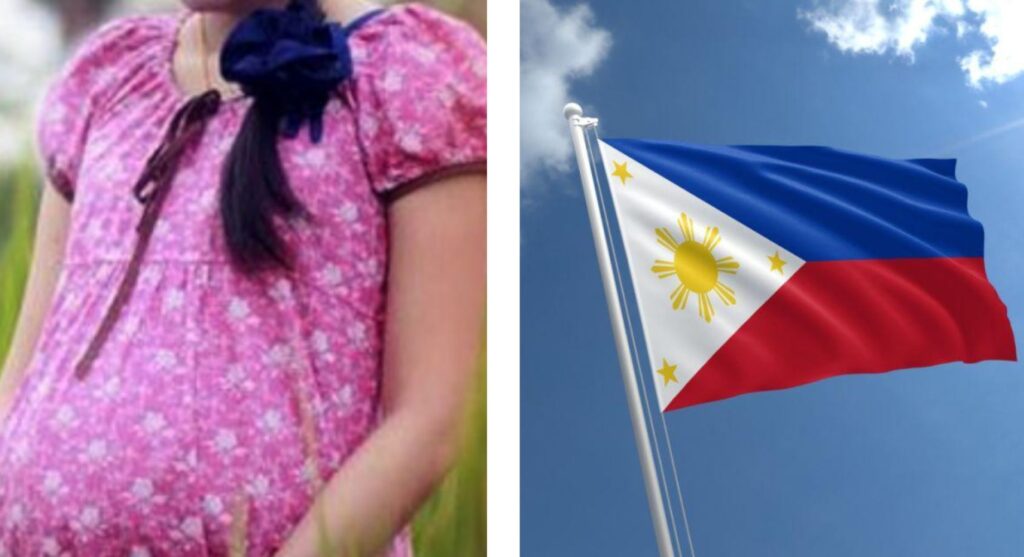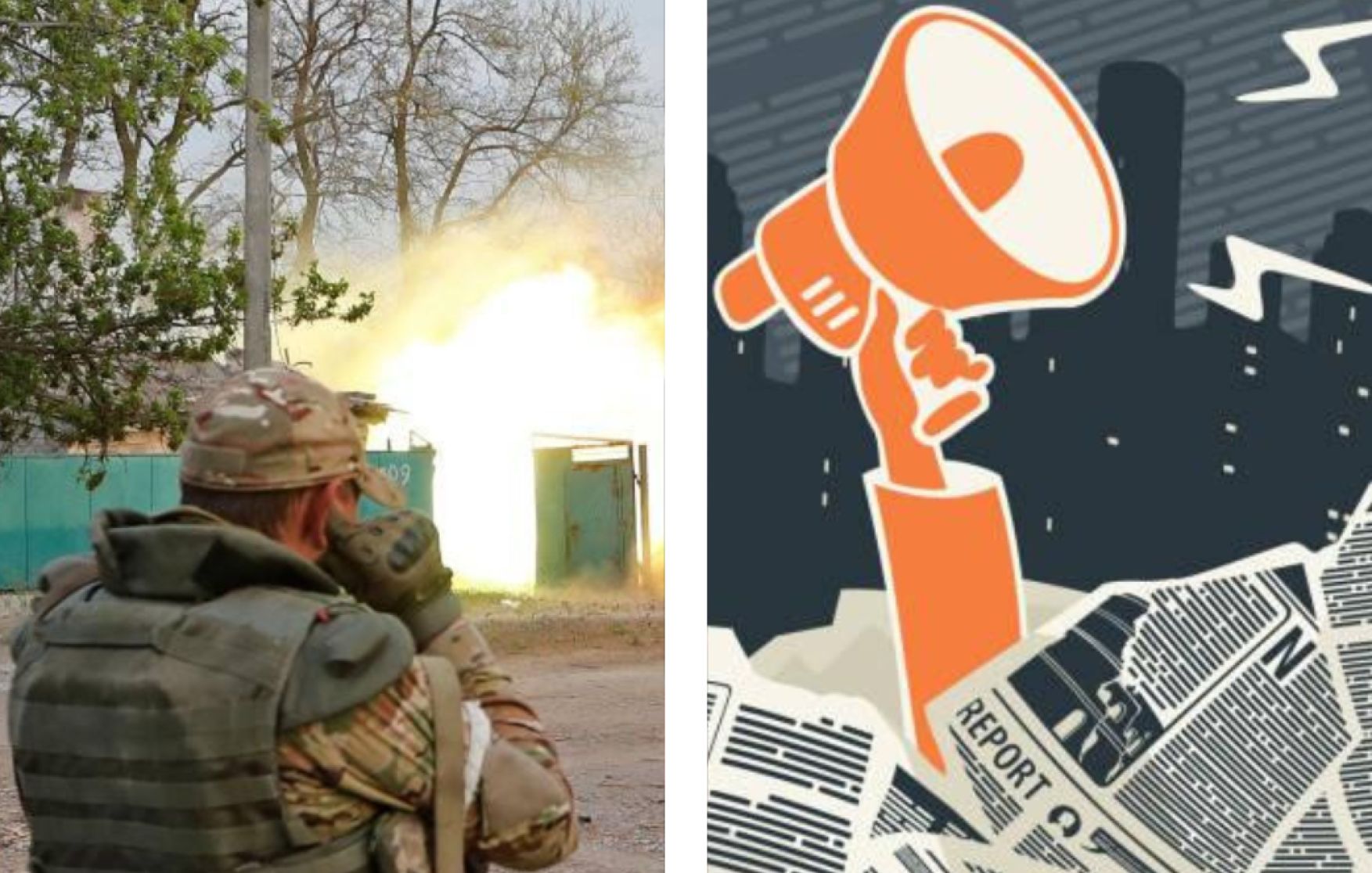By Jacinth Banite
TEL AVIV/NAY PYI TAW – War must be the greatest enemy of humanity, yet is raging across the globe at the moment, taking lives, destroying homes and quelling resistance to propaganda.
When guns and bombs are indiscriminately fired, speaking truth to power and amplifying cries for help become a lifeline – a lifeline often suppressed and eliminated.
Journalists make up a significant portion of the civilian death toll in today’s global armed conflicts, with the Israel-Gaza war and the Myanmar civil war in Asia at the forefront – both of which are fuelled by deep-seated historical, political and social tensions.
The Silencing in the Middle East
According to a February 4 account of the Committee to Protect Journalists (CPJ), at least 169 media workers have been killed in the Palestinian territory of West Bank, Israel and Lebanon since the October 7 start of the Middle East conflict – a period declared by CPJ as the “deadliest” for journalists since data gathering began in 1992.
It is noted in Tuesday’s report that Palestinian journalists face high risk in covering the conflict, “including devastating Israeli airstrikes, famine, the displacement of 90% of Gaza’s population and the destruction of 80% of its buildings”.
In addition to the confirmed number of casualties, around 130 more cases of potential killings, arrests and injuries among media workers in Palestine remain under investigation, according to CPJ.
Besides taking an unprecedented death toll on journalists, the conflict also led to the shutdown of Qatar-funded Al Jazeera news network operating in the West Bank.
Israeli authorities enforced the closure during a raid in September 2024, with a court order citing the channel’s alleged “incitement of terror and support to terrorist activities.”
The shutdown initially took effect for 45 days, but was extended by Israel with a similar duration in December.
READ MORE: Child sexual abuse: Addressing the evil lurking behind teenage pregnancy in the Philippines

No better in Myanmar
Crackdown on news outlets is something that happens mercilessly in Myanmar, following the military’s 2021 seizure of power from a democratically-elected government.
At the wake of civil conflict, the Myanmar junta has revoked the licences of five prominent independent online newspapers, namely Mizzima, Democratic Voice of Burma (DVB), Khit Thit Media, Myanmar Now and 7Day News, for their coverages of pro-democracy protests in the country.
Four years on, the regime continued with its blatant suppression of press freedom and right to information by indiscriminately arresting journalists and toppling the public’s online access through internet shutdowns.
According to monitoring group Myanmar Internet Project, at least 329 internet shutdowns have been recorded across Myanmar since the coup, with resistance-controlled areas, particularly the Sagaing and Magway regions and the Kachin state, bearing the brunt.
In a separate report by rights network Athan Myanmar, it was said that all 330 townships of the Southeast Asian country have experienced some form of communications blackout, may it be telephone or internet outages.
On January 30, 2025, Reporters Without Borders (RSF) said it has recorded at least 150 arrests of Myanmar journalists and press freedom defenders since the 2021 power grab, with 61 remaining in military-run detentions up to this day.
RSF also holds the regime accountable for at least seven executions of reporters.
The numbers placed Myanmar at 171st out of 180 countries in the RSF 2024 World Press Freedom Index, making it one of the largest jailers of journalists in the world, second only to China.
A price to pay
What happens in the Middle East and Myanmar are just a glimpse of violent and intensifying media censorship that transpired across continents and regions, but enough to make a statement – truth-seekers, and rights defenders in warfare pay the highest price in the line of duty – their freedom, their lives.
But as the so-called inevitable byproduct of human nature thrives, the world calls for fearless journalism.
READ NEXT: LGBTQ+, HIV healthcare NGOs limit operations after US freezes foreign aid
